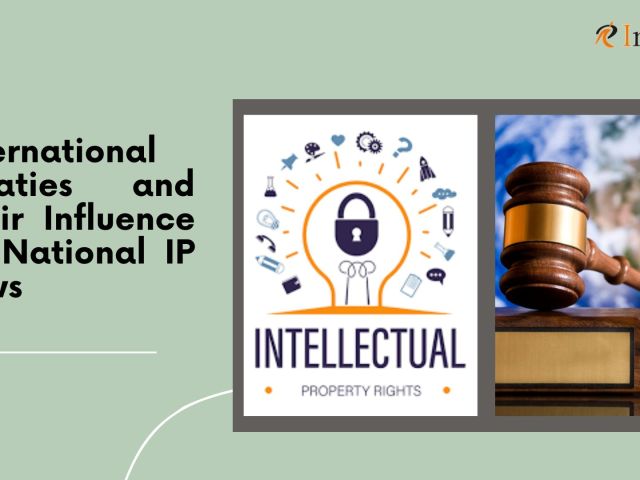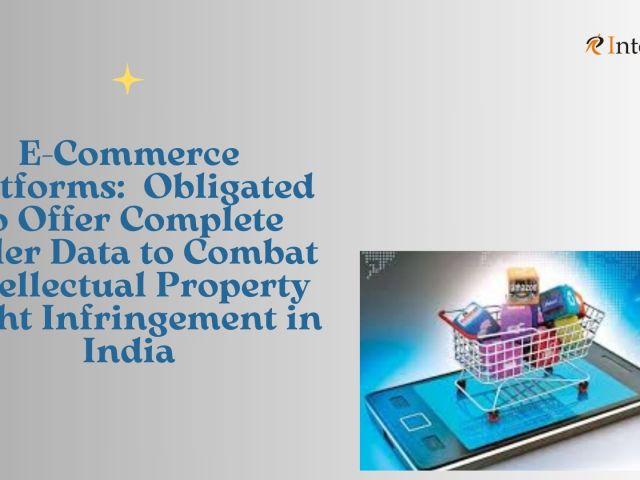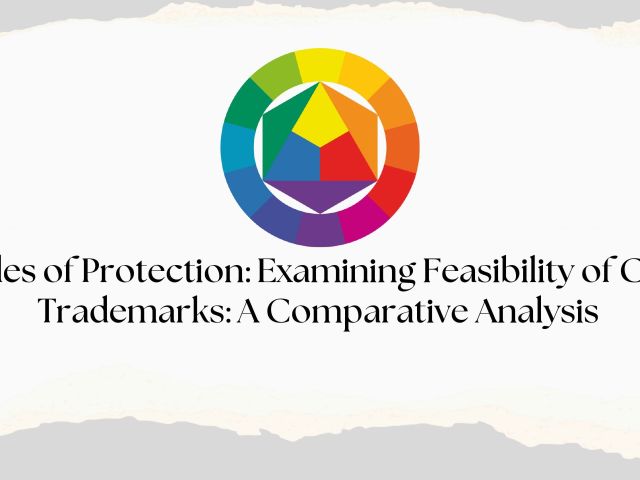Intellectual Property Rights (IPR) mostly denote intangible forms of human intellect. With the rise in creations, innovations, and inventions, there is also an equal rise in disputes on Intellectual Property Rights. Resolving these issues has its own set of difficulties as most of the disputes that arise are international, technical and confidential. Arbitration is one of the ways to resolve such complex disputes. Arbitration refers to settling a dispute outside the court impartially with an unbiased independent third party (arbitrators). Let us look at how effective and feasible is using arbitration as a means to sort out IPR disputes.
The edge in resolving IP disputes via arbitration
i) Most of the IP disputes are from different geographical areas. Court trials will lead to lots of time-consuming proceedings under different jurisdictions. Whereas, in arbitration, the parties are at freedom to decide on the law which they are willing to abide by.
ii) Disputes on patents and copyrights often require a technical person with in-depth field knowledge for better understanding. There is no such fear in solving disputes through arbitration as the parties can choose the arbitrators who will be judging their case.
iii) Options for further appeal are limited in resolving through arbitration, thereby, settling the issue once and for all within a short period.
iv) IP often deal with confidential information, such as trade secrets. The arbitration method can maintain confidentiality without affecting the business and credibility of the parties.
India’s stand on resolving IPR disputes by arbitration
Courts have come across several grey areas on deciding whether a case involving IP is arbitrable or not. Here are some instances from famous IP cases in India.
The importance of objective arbitrability is set in Section 34(2)(b) of Arbitration and Conciliation Act, 1996 in India.
Indian courts addressed the act in the Booz Allen and Hamilton v. SBI Finance case. The Supreme Court passed a verdict that all rights in personam (upon a particular individual) disputes are considered arbitrable and all rights in rem (in general) should be dealt in courts and public tribunals. However, it also notified:
This is not, however, a rigid or inflexible rule. Disputes relating to subordinate rights in personam arising from rights in rem have always been considered to be arbitrable.
Also, in Common cause v UOI the Supreme Court has stated that judgment on IPR including infringement of a patent or trademark or copyright, etc. is a judgment in rem. Hence, a remedy against violation of such rights would be before a Civil Court only and not before an Arbitrator. In Mundipharma AG v. Wockhardt Ltd. dispute the Delhi High Court settled with the Supreme Court statement that copyright infringement or infringement of any other right under Copyright Act 1957 is non-arbitrable. All remedies will be the subject-matter of the district court in the jurisdiction.
However, in the case of Eros International v. Telemax Links India Pvt. Ltd. the Bombay High Court came up with an elaborate explanation that though copyright is a right in rem and non-arbitrable, this particular issue is a contractual dispute. Hence, the infringement here is a right in personam action against a specific individual making the dispute feasible for arbitration.
There are certain instances where the Supreme Court gave a different judicial pronouncement. For example, the Ayyaswamy v. A Paramsivam case was declared arbitrable stating that the allegations of fraud were not that serious.
The Lifestyle Equity v. Q.D. Seatoman Designs case in Madras High Court received a judgment that disputes pertaining to IPR when they don’t affect a right in rem are arbitrable. In this case, though the dispute was a right in rem, it was noted that it pertained to only a better right of usage vis-a-vis the other and hence the dispute was declared a right in personam. This showcased the need to consider the facts and circumstances involved in the dispute.
Overall, it is wise to sort out IPR disputes relating to rights in rem within courts. The United States of America and Switzerland are flexible and have made the patent infringement issues that are registered at the relevant patent authority arbitrable. With the current rapidly dynamic and increasing IPR disputes in India it is strongly recommended to bring in such legislative provisions to draw a clear line on arbitration. For more details please contact us.




